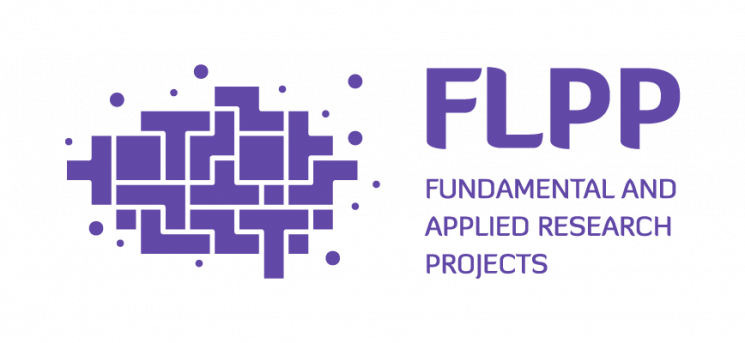
Using Machine Learning To Model The Complex Interplay Between Diet, Genetic Factors and Mitochondria in Coronary Artery Disease
Aim
Description
Coronary Artery Disease (CAD) is the main leading cause of morbidity and mortality worldwide, posing a huge socioeconomic burden to the society and health systems. CAD is a multifactorial disease with complex etiology, considered to be driven by both genetic, as well as environmental and lifestyle factors. Over the last 10 years, several large-scale genome-wide association studies have successfully identified >300 genetic loci robustly associated with CAD risk. However, the contribution of environmental and lifestyle factors, in particular, dietary factors and their genetic determinants have remained less investigated. Although diet is one of the modifiable factors for disease prevention and mitochondria are the “powerhouses” of the cell that convert dietary calories into energy, dietary factors and mitochondrial genes are currently not being considered in CAD risk calculations. To address these issues, we propose to harness the power of machine learning applied on a large cohort of 500,000 UK Biobank individuals, for whom both genetic (including mitochondrial) and comprehensive phenotypic and health-related (including detailed food frequency questionnaires) information is available.



